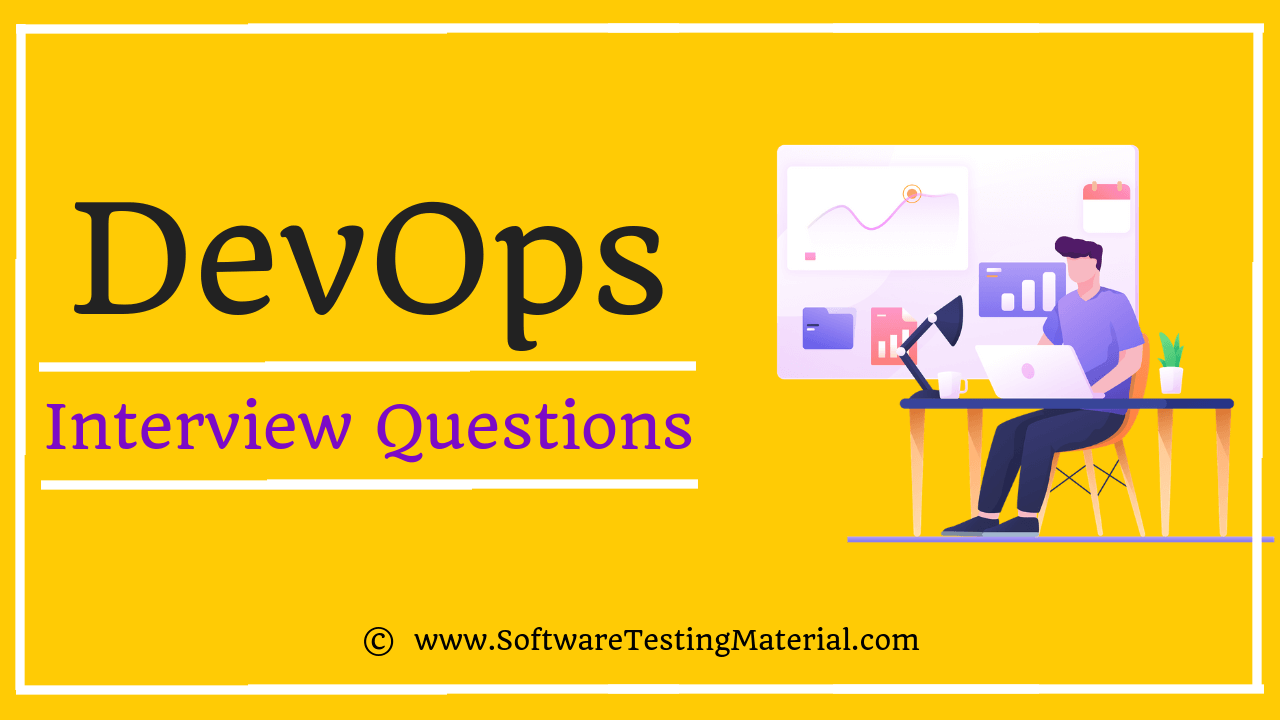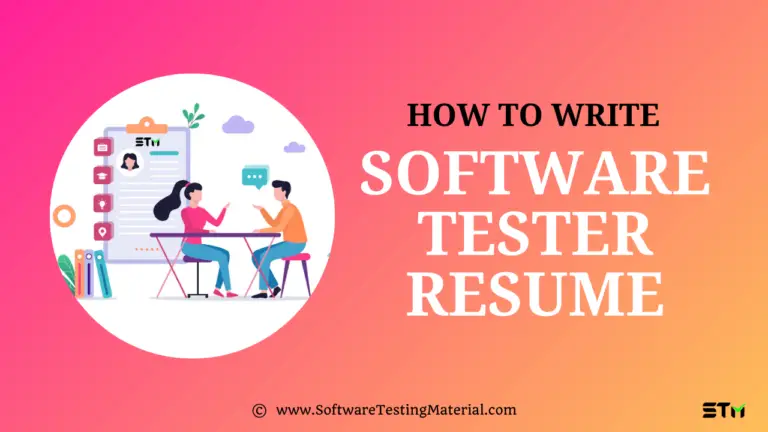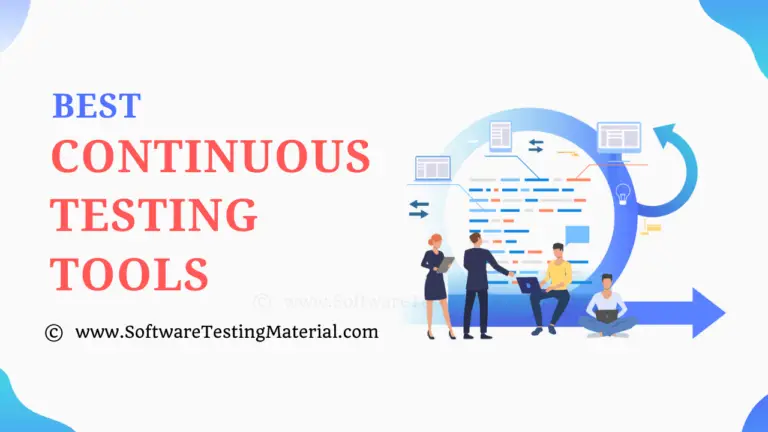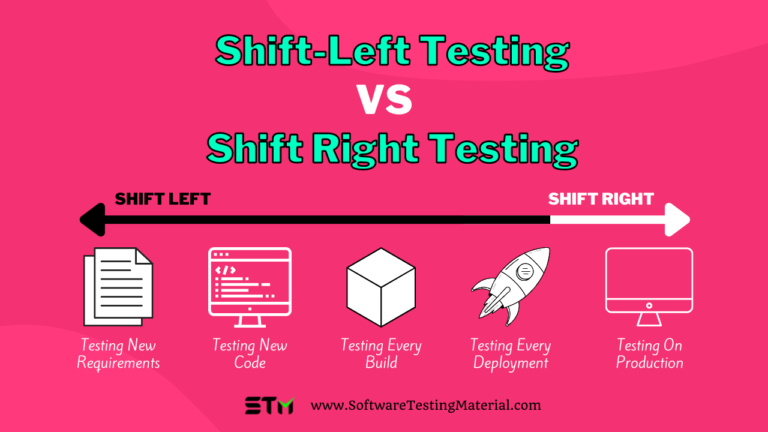Top 8 DevOps Interview Questions You Must Learn In 2025
Here are the 8 popular DevOps Interview Questions to crack DevOps Interview.
Technology is developing at a fast pace. Therefore, organizations must adopt a new workflow to keep up with the competition.
DevOps is a breakthrough solution to putting together a more streamlined and efficient process of continuously updating and improving products.
While DevOps is beneficial in many ways, it is quite a tedious task to implement DevOps successfully.

DevOps Interview Questions
1. What is DevOps?
DevOps is a set of software development practices in which communication, integration, and collaboration in the product development cycle are emphasized. The primary purpose of DevOps is to effectively eliminate the silos between software development (Dev) and operations (Ops) teams and shorten the systems development life cycle while delivering features, fixes, and updates frequently in close alignment with business objectives.
2. What are the core operations of DevOps?
The core operations of DevOps in terms of development and infrastructure are:
1. Software development:
- Code building
- Code coverage
- Unit testing
- Packaging
- Deployment
2. Infrastructure:
- Provisioning
- Configuration
- Orchestration
- Deployment
3. What are some misconceptions about DevOps practices that teams need to consider before implementing DevOps?
There are a few precautions to keep in mind:
- DevOps is more than simply applying new tools and/or forming a new “department” and expect it to work. In fact, DevOps is considered a culture in which the development and operation teams go hand in hand following a mutual framework.
- Organizations did not define a clear vision for their DevOps practices. Applying DevOps initiatives is a notable change to both development and operation teams. Therefore, having clear roadmap, goals, and expectations of integrating DevOps in your organization will wipe out any confusion and provide clear guidelines from the early days.
- After the DevOps practices have been applied across the organization, the management team needs to establish a continuous learning and improvement culture. Failures and problems in the system should be treated as a valuable medium for teams to learn from mistakes and prevent those mistakes from recurring. Learn more
4. What is the typical DevOps workflow you use in your organization?
A typical DevOps workflow can be simplified into 4 stages:
- Version control: This is the stage in which the source code is stored and managed. The version control contains different versions of the code.
- Continuous Integration: In this step, developers start to build components and have them compiled, validated, then tested with code review, unit testing, and integration testing.
- Continuous Delivery: This is the next level of continuous integration, in which the release and testing processes are fully automated. CD ensures new releases are delivered quickly and sustainably to the end users.
- Continuous Deployment: After the application has successfully passed all testing requirements, it is automatically deployed on the production server for release without any human intervention.
5. What role does the QA team play in DevOps?
The rise of DevOps is not equal to the end of QA (quality assurance) roles. It only means that their working environment and required expertise are changing. Therefore, their main focus is to professionally evolve to keep up with this continuously changing trend.
In DevOps, the QA team plays an important role in ensuring the stability of continuous delivery practices as well as performing the exploratory testing task that automated and repetitive tests cannot fulfill. Their insights in assessing the test and detecting the most valuable tests still play a crucial role in mitigating bugs in the last steps of releasing.
6. What role does the SCM team play in DevOps?
SCM (software configuration management) is a set of processes, policies, and tools that organizes the development process. The goal of SCM is to improve the speed and quality of software development by catching errors early and enabling quick fixes when they occur.
In DevOps context, SCM is built as codes under the umbrella of IaC (Infrastructure as Code) practice. With SCM, developers no longer have to manually manage the configuration processes. This process is now constructed in a machine-readable form and is automatically duplicated and standardized.
7. What are some tools used for DevOps?
Throughout a typical DevOps lifecycle, there are different tools to support different phases of product development. Therefore, the most common tools for DevOps can be divided into 6 key phases:
- Continuous Development: Git, SVN, Mercurial, CVS, Jira
- Continuous Integration: Jenkins, Bamboo, Hudson
- Continuous Delivery: Nexus, Archiva, Tomcat
- Continuous Deployment: Puppet, Chef, Docker
- Continuous Monitoring: Splunk, ELK Stack, Nagios
- Continuous Testing: Selenium, Katalon Studio
8. How you do change management in DevOps practice?
The typical change management approaches need to be appropriately integrated with DevOps’ modern practices. The process generally involves these three steps, but may vary based on the use-case:
Step 1: Centralize changes into a single platform to streamline the change, problem, and incident management processes.
Step 2: Establish high-transparency standards to make sure everyone is on the same page and assure accuracy over internal information and communication.
Step 3: Apply automation into your process and integrate it with your DevOps software.
Conclusion
Over the last few years, DevOps has gained popularity primarily due to its ability to streamline the development, testing, and deployment processes for organizational operations and convert them into business values. We hope the above 8 questions with answers will equip you with substantial knowledge of DevOps and help you successfully implement DevOps principles in an enterprise environment.
Related posts:
- Git Interview Questions
- Jira Interview Questions
- Postman Interview Questions
- API Testing Interview Questions
- Selenium Interview Questions






